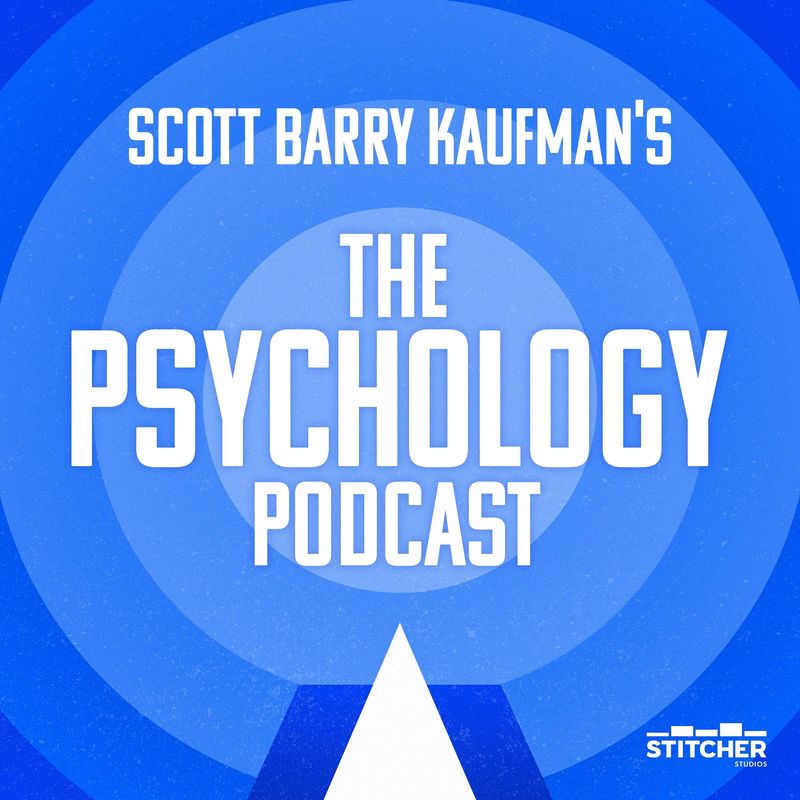
This episode currently has no reviews.
Submit Review- Podcast |
- The Psychology Podcast
- Media Type |
- audio
- Podknife tags |
- Creativity,
- Health,
- Interview,
- Psychology,
- Science & Medicine,
- Self-Help,
- Social Sciences
- Publication Date |
- Oct 14, 2021
- Episode Duration |
- 01:05:40
Today it’s great to have Steven Pinker on the podcast. Dr. Pinker is the Johnstone professor of psychology at Harvard University. A two-time Pulitzer Prize finalist and the winner of many awards for his research, teaching, and books. He’s been elected to the National Academy of Science, and named as one of Time’s “100 Most Influential People”, and one of Foreign Policy’s “100 Leading Global Thinkers”. His books include How the Mind Works, The Blank State, The Stuff of Thought, The Better Angels of Our Nature, The Sense of Style, Enlightenment Now, and most recently, Rationality: What It Is, Why It Seems Scarce, Why It Matters. In this episode, I talk to Steven about the definition of rationality, how it relates to truth, and how it’s different from logic. We also discuss the trade-offs in decision making, the limited usefulness of strategic irrationality, the boundaries of socially acceptable fiction, and why people have weird beliefs among other things.
Website: stevenpinker.comTwitter: @sapinker
Topics
01:02 Must we always follow reason?
03:34 Steven’s definition of rationality
05:24 Tension between conflicting goals
08:31 What is truth?
13:12 When to apply logic or rationality
23:14 There can be no trade-off between rationality and justice
25:35 Politicizing knowledge and research
29:24 Strategic irrationality has limits
36:13 Taboo trade-offs, heretical counterfactuals, and forbidden base rates
42:04 The changing norms of acceptable fiction
45:56 Why rationality is cool
49:39 The costs of decision making
55:54 Progress came from utilitarian reasoning
57:52 "The pandemic of poppycock"
01:01:23 Expressive rationality: morally empowering beliefs
01:05:26 Bayesian reasoning
This episode currently has no reviews.
Submit ReviewThis episode could use a review! Have anything to say about it? Share your thoughts using the button below.
Submit Review